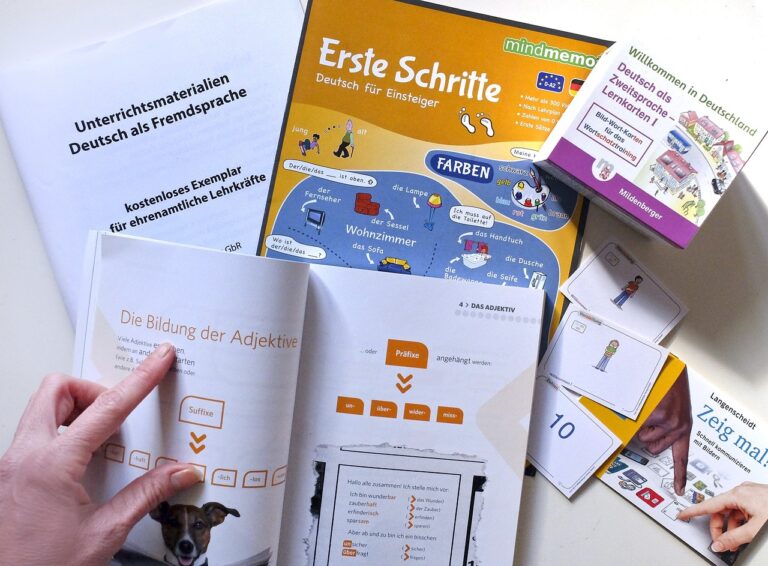How to Navigate Dietary Restrictions During a Student Exchange Program: Tigerexch, Golden77.com, Sky 99 exch
tigerexch, golden77.com, sky 99 exch: Studying abroad on a student exchange program is an exciting and enriching experience. However, navigating dietary restrictions while in a foreign country can pose some challenges. From language barriers to unfamiliar food options, it’s essential to plan ahead to ensure you can stick to your dietary requirements while still enjoying your time abroad. Here are some tips to help you manage dietary restrictions during your student exchange program.
Research Local Cuisine:
Before you depart for your exchange program, take some time to research the local cuisine of the country you’ll be visiting. Familiarize yourself with common ingredients, traditional dishes, and any potential allergens or dietary concerns. This will help you better understand what to expect and make more informed food choices while abroad.
Communicate Your Dietary Needs:
Once you arrive at your host country, don’t be afraid to communicate your dietary restrictions to your host family, program coordinators, or restaurant staff. Use simple language or translation tools to clearly explain your needs, such as allergies, intolerances, or specific dietary preferences. Most people will be understanding and accommodating, especially if you approach them respectfully.
Seek Out Safe Dining Options:
Look for restaurants, markets, or cafes that cater to specific dietary needs, such as vegetarian, vegan, gluten-free, or dairy-free options. Online review sites, social media groups, or local expat communities can be valuable resources for finding establishments that offer safe and delicious meals. Additionally, consider cooking your own meals at home to have more control over what you eat.
Pack Essential Snacks:
If you have unique dietary restrictions or preferences, consider packing some essential snacks or pantry staples from home. This can come in handy during long flights, bus rides, or times when you can’t easily find suitable food options. Some ideas include nuts, seeds, dried fruits, protein bars, rice cakes, or instant oatmeal packets.
Stay Open-Minded:
While it’s essential to stick to your dietary restrictions for health or personal reasons, don’t forget to stay open-minded and flexible when trying new foods. Embrace the opportunity to taste local dishes, explore different flavors, and experience the culinary culture of your host country. You may discover new favorite foods or inspirational recipes along the way.
Connect with Local Support:
If you’re struggling to find suitable food options or feeling overwhelmed by your dietary restrictions, don’t hesitate to reach out for help. Connect with local support groups, wellness centers, dietitians, or other students facing similar challenges. They can offer advice, recommendations, or even share meals together to make your exchange experience more enjoyable.
FAQs:
Q: How can I communicate my dietary needs in a foreign language?
A: Use translation apps, language cards, or simple phrases to convey your dietary restrictions to others. Practice key phrases before your trip and be patient with communication barriers.
Q: What if I accidentally consume a restricted food?
A: Seek medical help if you have severe allergies or reactions. Otherwise, stay hydrated, rest, and monitor your symptoms. Learn from the experience to prevent similar incidents in the future.
Q: Can I bring my own food from home?
A: Check the customs regulations of your host country before packing food items. Some countries may have restrictions on importing certain products or require documentation for specific dietary needs.







